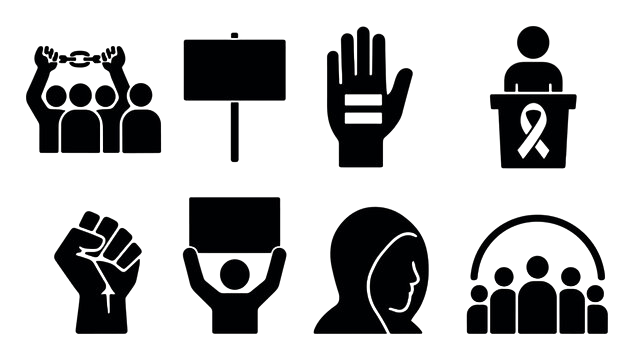Home
"It isn't how much you know that matters. What matters is how much access you have to what other people know" Liz Wiseman
I am Jean-Maurice
The purpose of this website is to serve as a resource for the realisation of beliefs. Beliefs that each human being is intelligent and capable of pursuing their individual purpose.
The realisation to establish such a platform arose when I first presented myself through the framework of the Big Five in Life. Rather than presenting myself as a person, I shared my own understanding of my purpose in life.
For me, this presentation was nothing extraordinary, simply the notion of sharing something deeply personal. Being open and realising thoughts that I had gleaned from the book “The Big Five for Life” by John Strelecky.
Surprisingly, it inspired listeners. It was then I realised that applying concepts to your life and sharing them receives genuine encouragement.
This platform aims to attract people and primarily serves as a collection of questions designed to help develop a multiplier mindset or define your own Big Five aspects.
Highlight the talents of others - let them
Lorem ipsum dolor sit amet, consectetur adipiscing elit. Ut elit tellus, luctus nec ullamcorper mattis, pulvinar dapibus leo.
What does human beings absolute love to do?
People love to contribute their genius. When a leader figures out someone’s true genius, the leader has opened up a pathway for that person to contribute, and contribute in the most meaningful way.
I AM Jean-Maurice

Importance of Adaptation

Society
Society has to adapt to the changing forces around us: demographic, AI, market volatility and geopolitical changes.

Solutions
Society has faced technological changes that threaten the way of living, but we have figured out solutions.
Throughts and belief
Our perception is from child onwards define
Parents, relations, friends or people in the outside world shape our perception. As human being if we are convinced that we see a lazy generation, we will filter for confirmation of this belief. Our mental conviction shapes how we think of other aspects
. To a certain degree does confirmation bias cover that as human behi
- Belief to treat complacency, if you don’t believe in change you cannot see it
- Believe other are intelligent and you see where other are smart, see where they have mistaken and you see only mistakes
- Our perception is coloured; perception is implants by our beliefs
- Culture of an organisation is not changeable, culture is there – culture is what attracted specific type of employee, your company culture remains
Believe that old industry will face time of expiry time for a new generation of enterprises with a strong motivation and willingness to perform
Adaptation requires collaboration, our partners

Climate change is here
Adaptation is no longer an option; it has become a defining feature of our existence.
We are living through a season that doesn’t end. Long, dry summers stretch far beyond their usual bounds, giving way to floods that come too fast and stay too long. These extremes are no longer exceptions, they are the new rhythm of our world. Climate change is no longer a distant forecast; it is here, inscribed in every scorched field and swollen river.
And yet, we adapt, though often in subtle, suboptimal ways. We forgo a morning coffee because the beans have become too expensive. We ration chocolate, not for health, but because prices have soared. We eat asparagus only twice in spring, not out of tradition, but because its cultivation has become unpredictable.
These adjustments are not acts of resilience, but symptoms of a society reacting rather than responding.
